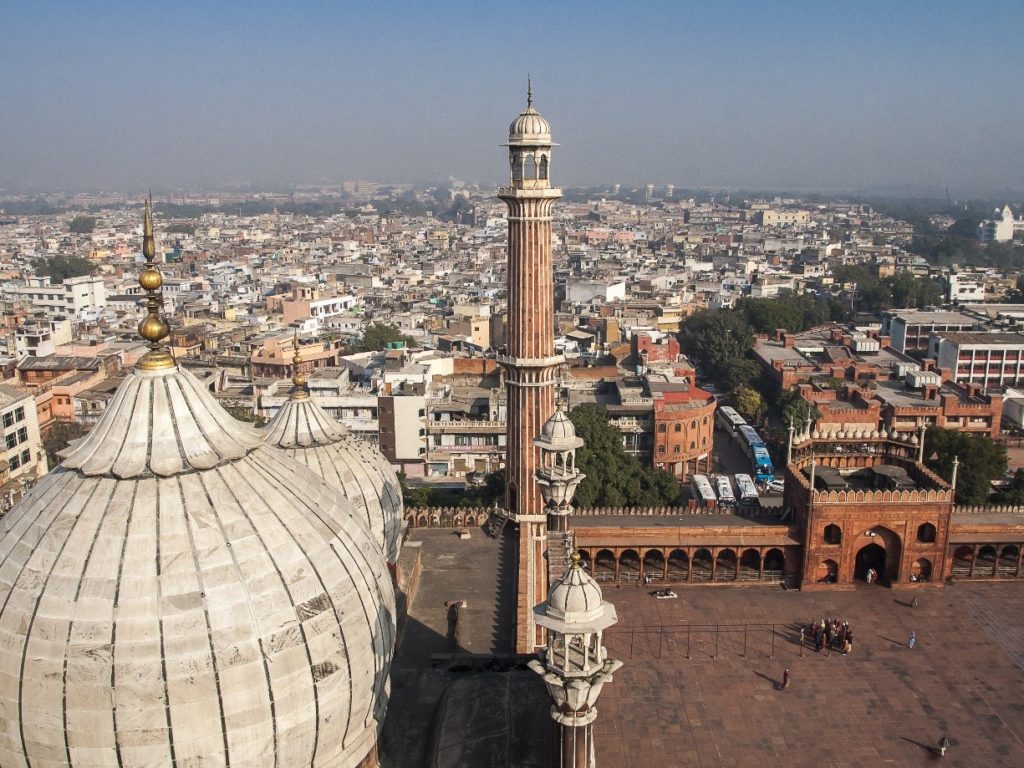
On 16th November 2018, the High Court concluded that the third assurance provided by the Government of India as to the conditions in which Mr Chawla would be imprisoned upon his extradition to India, were sufficient to show that there would be no real risk that he would be subjected to in human or degrading treatment contrary to Article 3 ECHR.
In October 2017, Westminster Magistrates’ Court ruled, despite assurances from the Government of India, that conditions in Tihar prison posed a real risk of a breach of Article 3, which prohibits torture, and inhumane/degrading treatment. The Government of India appealed against that decision and, in May 2018, the High Court considered further evidence relating to the prevailing conditions in Tihar prison including:
- significant overcrowding;
- intra-prisoner violence in high security wards;
- suggestions that CCTV recordings from Tihar prison were not available to Delhi courts investigating outbreaks of violence at the prison; and
- suggestions that the Tihar prison board of visitors had not made required visits.
In that hearing, the Government of India gave a second assurance relating to the conditions in which Mr Chawla would be imprisoned. The High Court concluded that, despite the second assurance, there remained a real risk of inhuman or degrading treatment. However, the High Court gave the Government of India a third opportunity to provide adequate assurances.
A third assurance was given which included the following guarantees:
- Mr Chawla would be lodged in one of four identified single occupancy cells;
- the cells complied with the personal space and hygiene requirements expected by the courts;
- the cells were not in high security wards and only inmates with satisfactory conduct were lodged there;
- there was a high level of security at the ward entrances with sufficiently monitored CCTV;
- there were sufficient medical staff and facilities in Tihar prison;
- Mr Chawla would receive immediate medical attention if required.
During the hearing on 16th November 2018, the key issues were whether:
- there was provision for alternative accommodation if the designated cells were unusable;
- there remained a real risk of intra-prisoner violence;
- the medical provision in the prison was adequate.
The High Court allowed the appeal and explained that because India was a friendly foreign government, it could be relied upon to keep its promises. The High Court found that the third assurance was specific about the space to be provided to Mr Chawla and the locations of the cells which he would occupy. Therefore, there was no real risk of impermissible treatment by reason of the cell he would be lodged in. It was also deemed to demonstrate that Mr Chawla would not be accommodated in a high security ward and therefore there was no real risk to him of intra-prisoner violence. Finally, the guarantee of medical treatment, should Mr Chawla require it, was deemed a sufficient assurance
Overall, the High Court concluded that when considering all the information available about Tihar prison, the terms of the third assurance were sufficient to show that there would be no real risk that Mr Chawla would be subjected to inhuman or degrading treatment there. Therefore, the order discharging Mr Chawla was quashed pursuant to section 106 of the Extradition Act 2003 and the case remitted to the District Judge.
The next steps in this case will be for Westminster Magistrates’ Court to set a date for the remitted hearing. Then, unless any new evidence is submitted or new issues raised by the defence, it is likely that the Magistrates’ Court will recommend to the Home Secretary, Sajid Javid, that are no statutory bars to Mr Chawla’s extradition. The Home Secretary will then have the final say as to whether Mr Chawla will be surrendered to India.
Categories: India, United Kingdom



Recent Comments